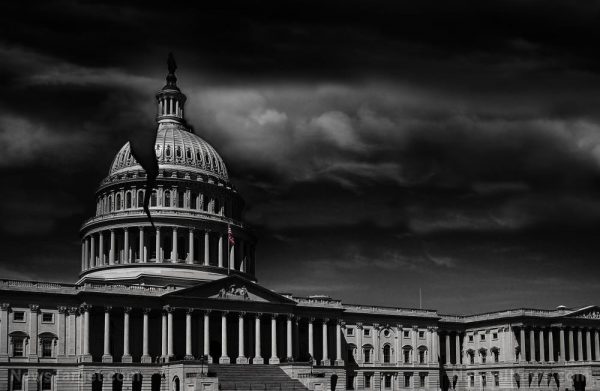 Parler
Parler Gab
Gab
Democracy dies as authoritarianism rises
Hong Kong isn't alone in this fight. In fact, several countries hinging on democracy have seen press freedoms fall apart in response to rising authoritarian regimes.- Afghanistan: The vibrant press scene has been transformed radically and suddenly by the Taliban takeover in the last month. In a short span of time, the Taliban has taken power and has been beating and arresting journalists in the process. (Related: America's mass surveillance is eroding freedom of the press, freedom of speech and democracy.)
- Belarus: Belarusian President Alexandre Lukashenko took drastic measures to target the press, including changes to media laws that make it harder for journalists to report.
- Hungary: Several countries like Hungary introduced "fake news" laws in an attempt to curb the spread of unverified reports on social media. These efforts, however, are not meant to discourage misinformation. Rather, it is used to empower autocrats.
- India: The government stepped up by way of legally harassing journalists through its sedition law: India's media outlets are challenging new rules that include digital media, which is a warning sign of government censorship.
- Myanmar: The military junta has arrested over 70 journalists, revoked licenses of independent media outlets, and even blocked internet access.
- Philippines: The government under President Rodrigo Duterte forced the closure of a critical broadcasting company and charges were brought against prominent journalist and IPI Board member Maria Ressa.
COVID-19 worsens negative trends
The pandemic also added to the blow of press freedom as governments try to stifle independent media. An alarming number of journalists have come under attack for their coverage of the health crisis: numerous states imposed restrictions to access of information, preventing journalists from speaking with health officials or medical workers. Fake news laws were also enacted in at least 18 jurisdictions. While these laws provide governments with new tools to control the flow of news and information. Impunity for killing journalists around the world remains the norm. While some may be occasionally sentenced for his roles, the masterminds, journalists, and murderers didn't seem to face justice. Read more about how governments are trying to stifle the press and more at FreePress.news. Sources include: Axios.com IPI.media“Morally and intellectually corrupt”: UCLA professor resigns in protest over viewpoint intolerance
By News Editors // Share
BOVARD: Google is exploiting user data for its political agenda
By News Editors // Share
Germany to revive mask mandate in September despite declining COVID-19 cases
By Belle Carter // Share
Melissa Red Pill on deconstructing the Deep State – Brighteon.TV
By Kevin Hughes // Share





